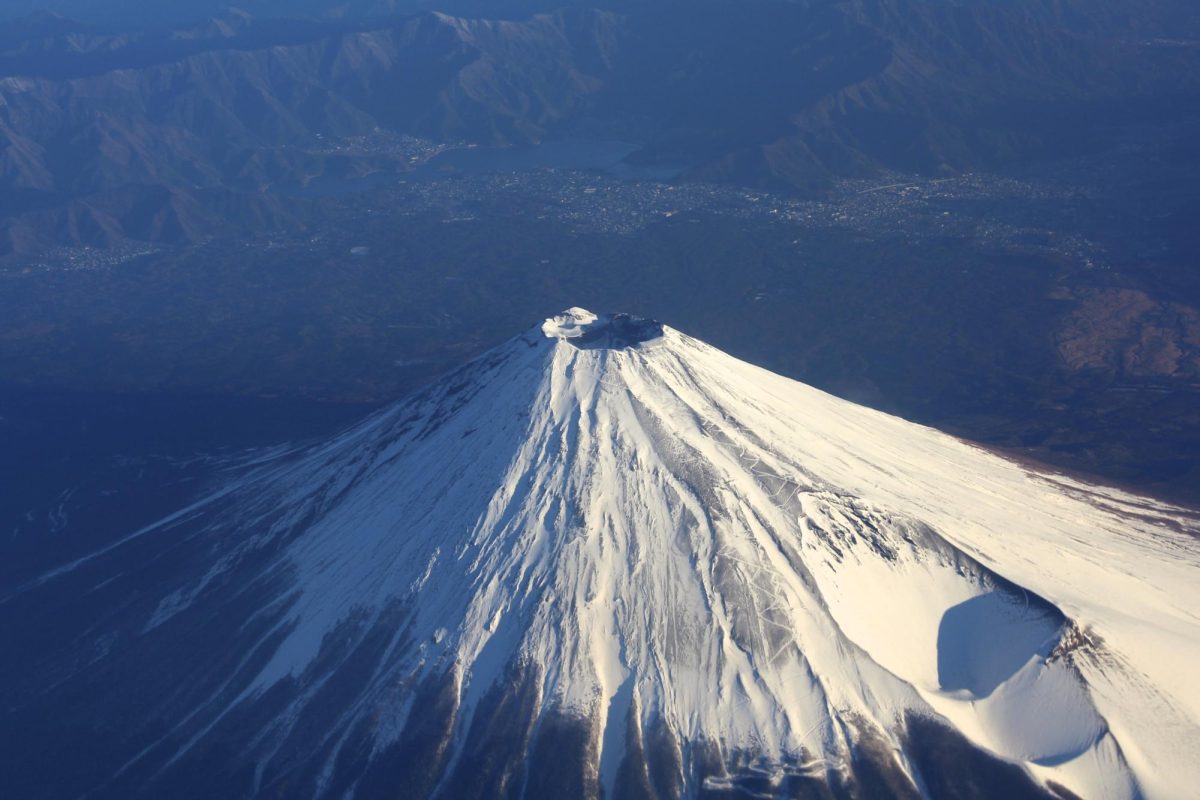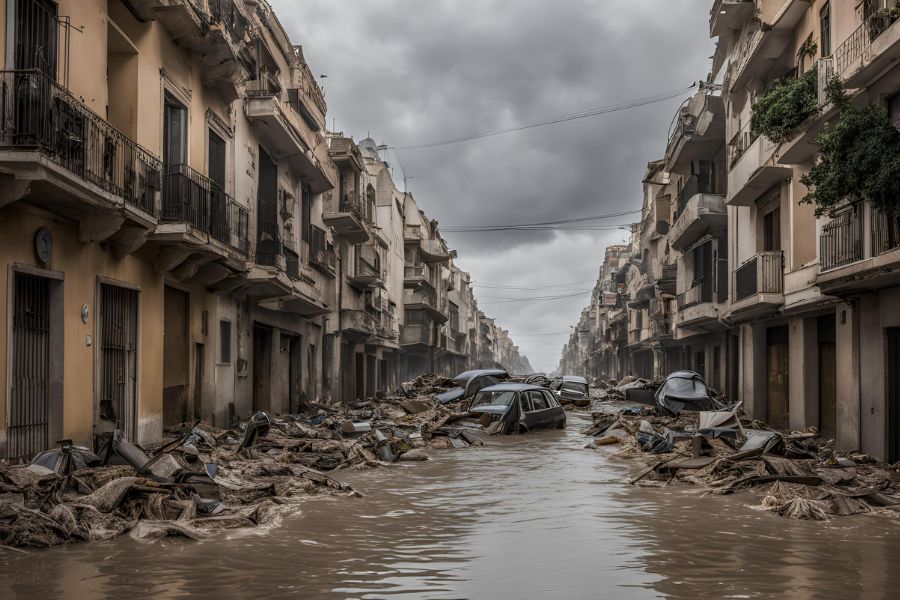Mt. Fuji has been starving for snow. On Oct. 29, Mt. Fuji broke a 130-year-old record for how long it went without snow on its peak.
The infamous Japanese mountain didn’t have any snow on its peak until November 6,just after the NOAA reported that Earth had its hottest year on record in 2023.The year 2024 is not any better as it is hotter than last year by 0.05 degrees Fahrenheit. Since 1850, the planet has warmed up by 2 degrees Fahrenheit, and the rate of warming has only tripled since 1982, said the NOAA.
“Air pollution has definitely played a role in the warmer climate around the world,” said Anius Roberty, sophomore student.
According to the BBC, Mt. Fuji has inspired much artwork like The Great Wave off Kanagawa. It is also one of the most popular tourist spots.
“The changing climate of the planet has caused there to be a lack of snow on Mt. Fuji,” said Camilo Chicas, senior student.
According to Catharina Klein at Statista, the average annual rainfall in Japan is increasing. In 2023, Tokyo reported record high temperatures. The amount of heat strokes in Japan also continues to rise.
“It has been warmer recently, littering has caused the unusual climate,” said Isaiah Barrios, sophomore student.
Mt. Fuji is not the only victim of the changing climate, as mountains all around the world are also being affected. According to the Office of Science at the U.S. Department of Energy, the Andes mountains and the Sierra Nevada Mountains are both being affected as rainstorms are being produced more than snowstorms. Snow is essential for communities that live near mountains as it produces runoff, which would be the water supply for these communities when there is a drought or low precipitation.
The consequences of climate change are devastating. According to the United States Environmental Protection Agency, there will be more flooding, droughts, or intense rain. The sea level will rise which threatens coastal communities. The changing climate can worsen the air and water quality, which can increase the rate at which disease spreads.
Here on Long Island, we have also been undergoing unusual weather circumstances. In the early morning hours on August 19 2024, there was a flash flood which caused a road to collapse due to a sinkhole. From September to October, there was little to no rain that fell on Long Island until a significant rainstorm on November 21.
“The drought here on Long Island has made the air warm,” said Jonathan Casillas, sophomore student.
The future of our beloved planet might look grim, but it is not beyond fixing. To fight climate change you can reduce energy use, use renewable energy, pressure local governments to reduce fossil fuel emissions and so much more. If you wish to know more about how you can help fight climate change, visit https://www.un.org/en/actnow/ten-actions for more information.















